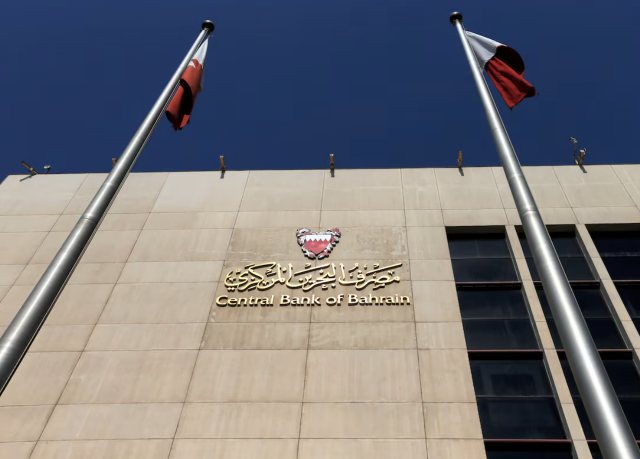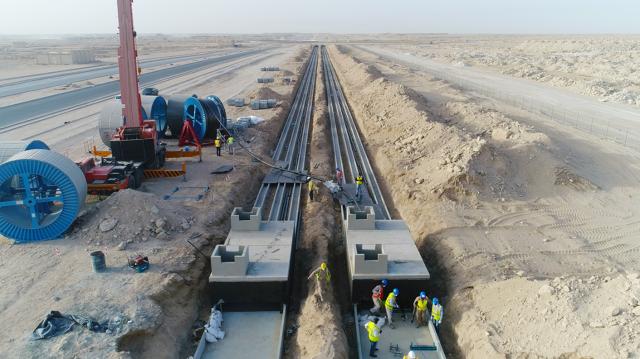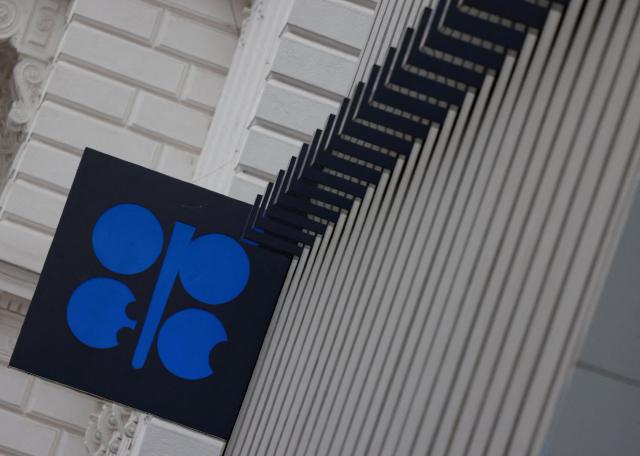
Under the domestic minimum top-up tax (DMTT), multinational companies will be required to pay a minimum 15-percent tax on profits generated in Bahrain, according to the Bahrain News Agency (BNA). This tax will specifically target large multinational corporations with global revenues exceeding €750 million ($830 million) in at least two of the last four fiscal years.
Eligible businesses will need to register with the National Bureau for Revenue, which also manages VAT and excise taxes. The BNA emphasized that this new tax framework aligns with the guidelines set by the Organisation for Economic Co-operation and Development (OECD).
The OECD's two-pillar reform program established a global minimum corporate tax to ensure that large multinational enterprises pay a minimum 15-percent tax on profits in every country where they operate. This initiative is designed to address the tax challenges posed by the digitalization and globalization of the economy and to limit tax competition among countries.
As of now, over 140 jurisdictions have committed to this reform program, which was introduced in October 2021. The global minimum tax is expected to generate around $220 billion annually, accounting for approximately 9 percent of global corporate income tax revenue, according to the OECD.
By implementing the DMTT, Bahrain aims to demonstrate its commitment to international cooperation and to fostering a fair and level playing field in international taxation. As the smallest economy in the six-member GCC economic bloc, Bahrain has been focusing on diversifying away from its dependence on oil and bolstering its non-hydrocarbon sectors.
In 2021, Bahrain launched a significant economic reform plan, which includes investing approximately $30 billion in strategic projects to drive post-pandemic growth, increase employment for citizens, and attract foreign direct investment. The International Monetary Fund (IMF) has projected that Bahrain's real GDP will grow by 3.6 percent this year.
Gulf countries, including Bahrain, have introduced various taxes, such as VAT and corporate tax, as part of their broader economic reform strategies. In a related development, Oman's Shura Council recently proposed a draft law on personal income tax to the State Council. While details are still being finalized, if approved, Oman would become the first GCC country to implement a personal income tax, potentially affecting high earners.
Copyright ⓒ Aju Press All rights reserved.




